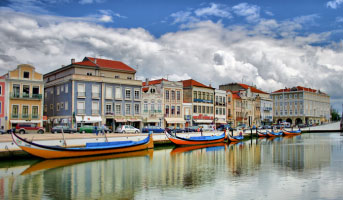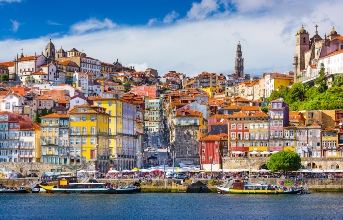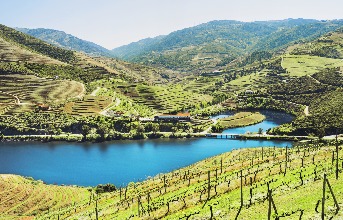
Things to Know Before Travelling to Portugal
Situated alongside other popular European destinations, you may think you already have a good idea of what to know before travelling to Portugal. And maybe you do, but it’s aways beneficial to brush up on your knowledge before a trip, especially if you’ve not visited before, or haven’t in many years.
We all love to explore new regions, but taking the time to learn about the county your visiting’s local culture and customs, could help you to avoid any potential mishaps, especially if they’re vastly different to your own home countries. Without further ado, let’s showcase the top 5 things to consider before you jet set to Portugal this year.
Coming up in this article:
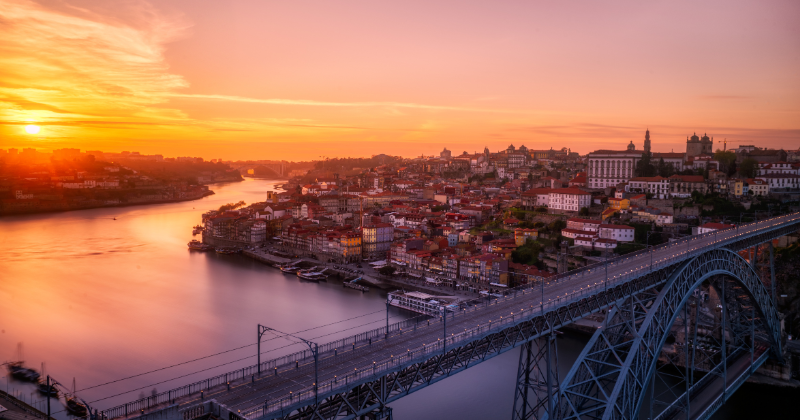
5 Things to Know To Make Your Trip to Portugal Easier
Making the most out of your tour of Portugal is key, which is why preparation is needed no matter how many times you’ve travelled around Europe. Breaking down our top 5 tips, we explore what to pack, local transportations, and not forgetting the best food to try. Let’s get started, so that your tour of Portugal is as seamless as it can be.
Pack Comfortable Shoes For Exploring
Comfort is key for any trip you may take, but especially if you’re travelling to Portugal. Touring from Lisbon and other cities, you can find the streets covered in beautiful cobbled stones, while further afield can have steep inclines only the best grips could cope with. If you’ve not experienced cobblestones before, our top tip is to watch your footing. Not only can they be very slippery, in non-grippy shoes they can start to hurt the souls of your feet over time, so pack your most comfortable gripped footwear! As one of the most walkable countries in Europe, we’d hate for you to miss out on the captivating sights because of uncomfortable footwear.
Get ready to put your best foot forward and step into a kaleidoscope of mosaics when you venture to Portugal this year.
Plan, Plan, Then Plan Some More
Planning your trip should be fun and not seen as a chore. It's this dedicated time which can allow you to start getting excited for what's to come and the adventures you're about to embark upon. But the most important part of planning is to create a loose agenda. Now we’re not expecting you to ensure every minute of your day is accounted for, but having a rough idea of what you want to see and do, or the places you most want to eat and drink at can help guide you. Ultimately, you want to make the most of your Portugal trip, and not leave feeling like you could have seen more had you planned your time better.
If you’re touring as a solo traveller, you may be told not to plan your itinerary, but without a guide of some sort, you may find yourself missing key aspects of Portugal. If you’re still not convinced by planning, turn your head to our guide of things to do in Lisbon to get you started.
Learn Basic Portuguese
If you’re an adventurous traveller, or like to go more off-grid, knowing basic Portuguese will go a long way. While in the tourist hotspots (Lisbon, Porto, and the Algarve) English is widely accepted. But as you tour further afield, you may encounter locals with limited English. For peace of mind (and good manners) knowing the local phrases is beneficial when travelling to Portugal.
- Hello - Olá [O - la]
- Goodbye - Adeus [A - day - us]
- Please - Por favor [poor - fah - vore]
- Thank you - Obrigado [Ob - re - guard - oh]
Public Transport Vs Hire Cars
When you travel Portugal, you’ll soon realise it’s a very walkable country, with a pretty good public transport network. But we understand the need for freedom and to not have to rely on timetables to get you from A to B. Why not get the benefit of both by having someone drive for you, and allow you freedom at each stop when you take part in one of our small-group tours?
Public Transport
Pros:
- No need to drive yourself, allowing you to enjoy a glass or two of the famous local tipple, Port.
- Major cities are widely connected and easily accessible.
- Public transport includes:
- Trains
- Buses
- Metro Lines in Porto and Lisbon
Cons:
- May have to rely on local taxis when wanting to visit more remote locations.
- Using public transport can be a very time-consuming experience, which may not be ideal when travelling to Portugal for a short period of time.
- You have to stick to a timetable which could often lead to unpredictable delays or closures.
Hire Cars
Pros:
- Hiring a car allows you to visit where you want, when you want.
- Provides you easy access to off-the-grid destinations, not easily accessible by public transport.
- You can stick to your own timetable.
Cons:
- You need to be 18 years old to hire a car, but on occasion some companies will not allow you to hire a car if you’re under 25. This varies from company to company, so it's worth checking beforehand.
- It can be stressful to drive in a country which you haven’t done before. From not knowing the roads, the rules or having time to take breaks, the chances of having accidents could be a lot higher.
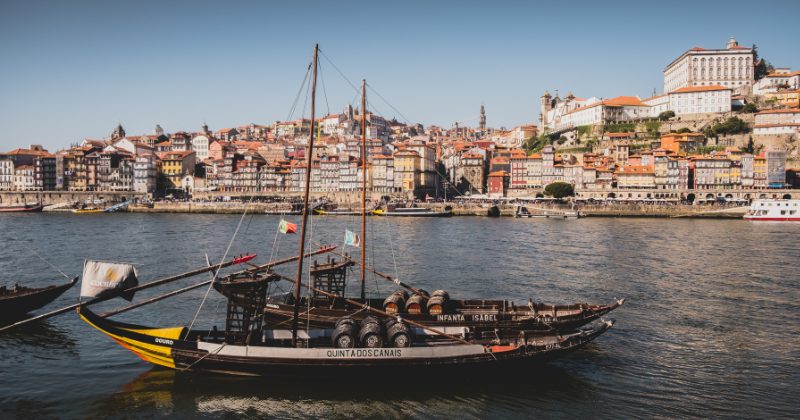
Local Delicacies
Being a European country conveniently located near the sea provides guests travelling to Portugal with a wealth of fresh seafood options. One to seek out on your travels has to be Pastéis de Bacalhau, sometimes referred to as salt cod fritters. But if seafood is not your first choice, and you’re craving something a little sweeter, a Pastéis de nata is not to be missed. From the outside they may just look like a plain old custard tart, but they are so much more than this. From the crisp flaky pastry which melts with every bite, to the velvet filling which coats the inside of your mouth, each bite will leave you aching for more.
Visiting Portugal FAQs
What Currency is Used in Portugal?
Portugal uses the Euro (EUR) as their primary currency. It can be handy to have your currency already converted prior to your trip, but it’s always best to check the exchange rate first. Alternatively, you can travel to Portugal with a bank card or a prepaid travel card, some banks may even offer a separate travel card so it’s always worth checking. But in both situations, cash is still considered king in Portugal, so make sure you have it on hand before you land.
When is the Best Time of Year to Visit Portugal?
A trip to Portugal is a good idea all year round, however, the best time to visit in our opinion is in spring (March - May). Travelling within this shoulder season not only is beneficial if you don’t like the busyness of tourists, but also the weather can still be pleasant.

Do I Need a Visa To Visit Portugal?
If travelling to Portugal from the USA or UK, currently you don’t need a visa for a short term stay. This also applied when visiting a European country within the agreed Schengen Area. Meaning as a tourist, you can stay for 90 days or less in a 180-day period. This being said, there are certain regulations you do need to consider before flying such as, the remaining period left on your passport before expiry. If in doubt, you can head to the GOV.UK website or travel.state.gov, which will be able to help advise you further.
Experience The Wonder of Portugal For Yourself
Ready to begin your adventure to Portugal this year? It’s never too early to start planning your European getaway, so with our pre-travel advice, what are you waiting for? Let us help you to plan your trip and create memories to last a lifetime. Lead by knowledgeable driver-guides, roam the peaceful backdrops from the comfort of your vehicle, and see what treasures you’ll bring back with you.
If you haven’t already, be sure to sign up to our newsletter, which keeps you up to date with the world of Rabbie’s. From our favourite short stories, to new departure destinations, and our latest travel offers, you don’t want to miss it.

